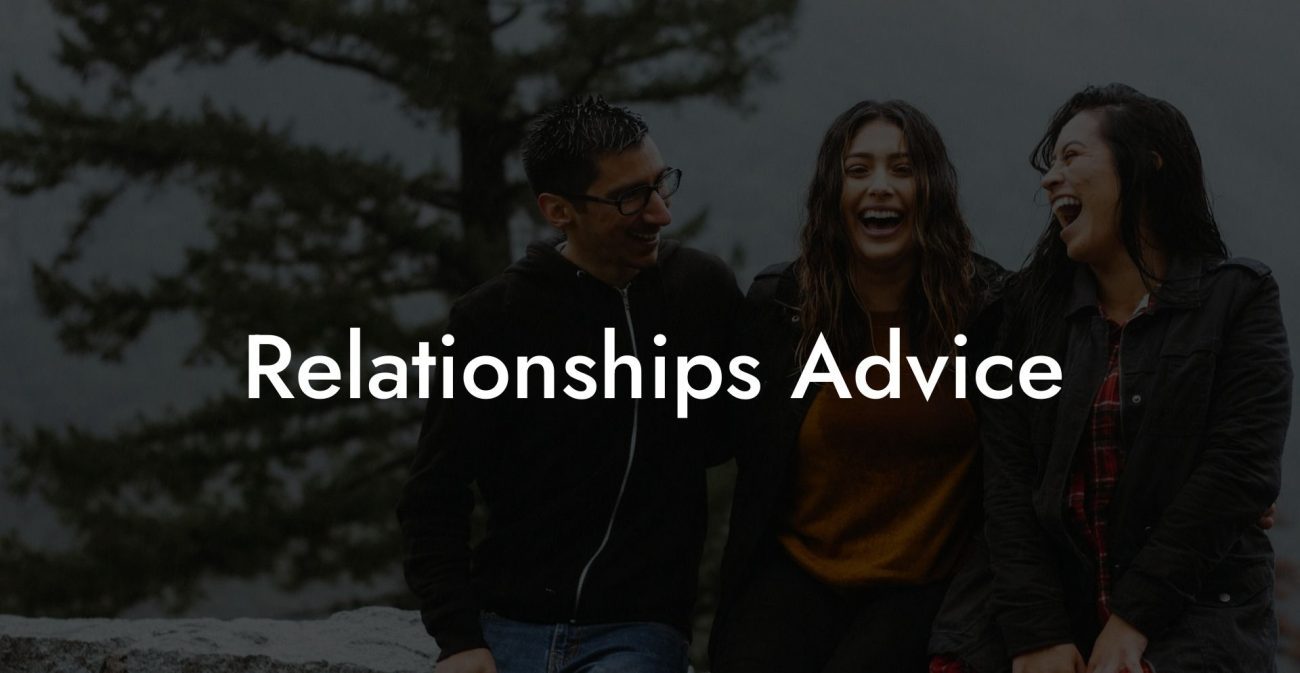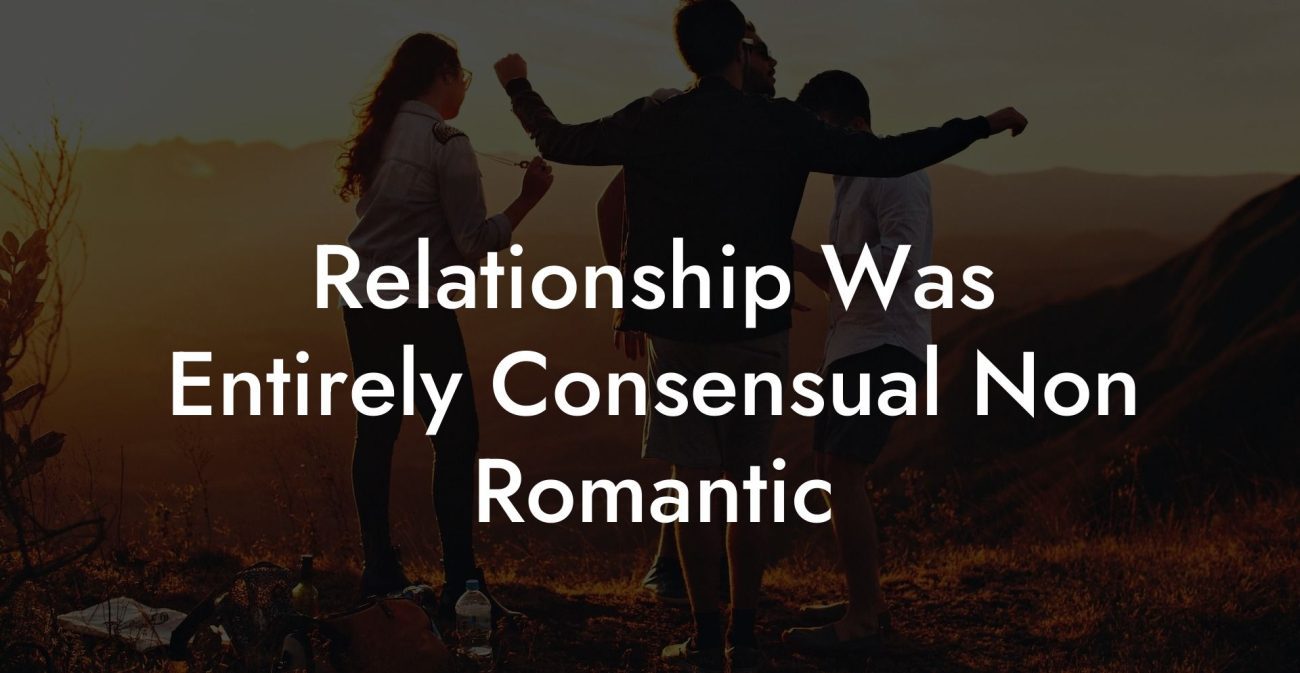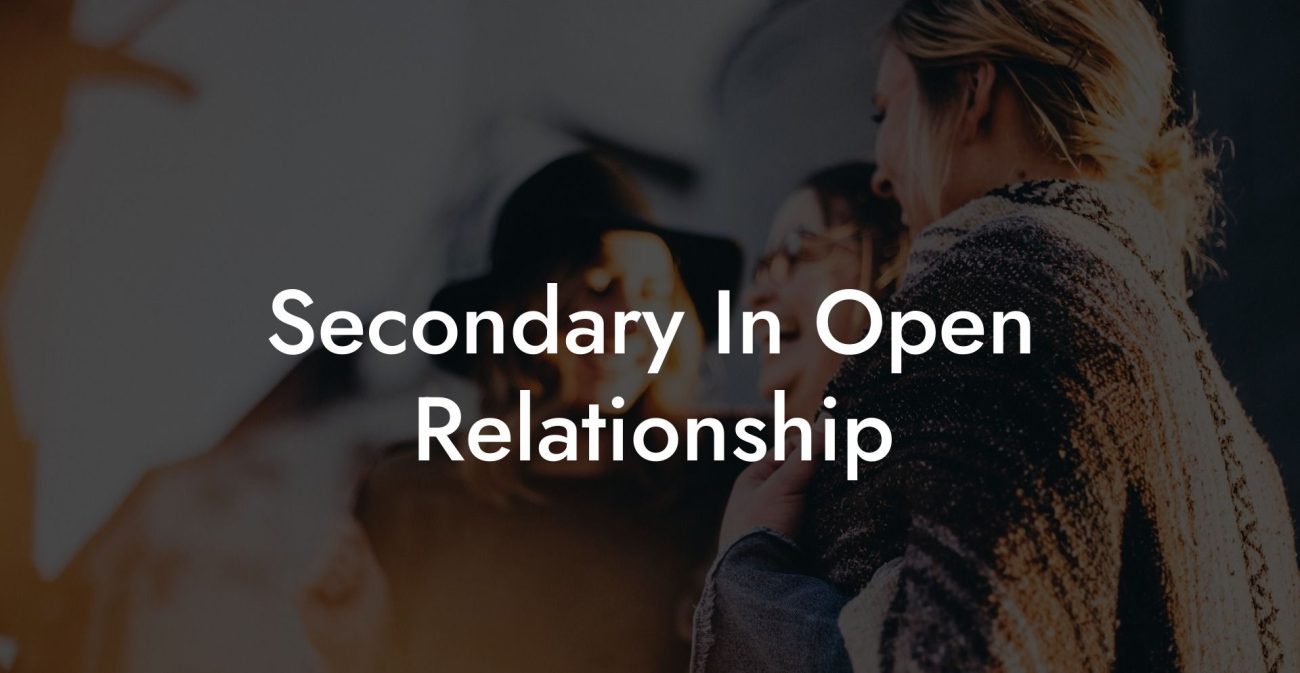There's no denying that cheating and infidelity can have disastrous consequences on marriages and relationships. Often, the discussion is black and white - cheating is bad and staying monogamous is good. However, in today's increasingly complex world of love and relationships, the lines between right and wrong are often blurred. In this guide, we will dive into the ethics of cheating on your spouse and explore the different factors that influence our understanding of infidelity, monogamy, and what constitutes a healthy relationship.
Ethics And Cheating On Your Spouse Table of Contents
Understanding the Ethics of Cheating
Understanding the Ethics of Cheating
In order to grasp the ethics of cheating, we must first understand what constitutes infidelity. Cheating can be physical, emotional, or both, and it's essential to be aware of the boundaries established within a relationship.
Factors that influence our perception of cheating can include:
- Personal morals and values
- Cultural upbringing and beliefs
- Religious teachings and opinions
- The breach of trust and betrayal
- The potential emotional and physical consequences
Why People Cheat: A Look into the Reasons
While it's easy to label all cheaters as villains, taking a moment to explore the reasons behind their actions can provide valuable insights into the ethics of infidelity. Common motives for cheating can include:
Feeling neglected or unappreciated in a relationship:
- Lack of emotional support, intimacy, or overall understanding from a partner can create a void that a person may attempt to fill through cheating.
Searching for validation and personal growth:
- Cheating can serve as a temporary ego-boost, especially for those who feel undervalued or underappreciated in their current relationship.
A response to past experiences of betrayal or abandonment:
- Individuals who have been hurt by a cheating partner may be more likely to cheat themselves as a form of retribution or self-preservation.
Regardless of the reasons, it's crucial to address these underlying issues before resorting to infidelity, as neither the cheated nor the cheater will benefit from the false sense of security or fulfillment that cheating may provide.
Unraveling the Complexity of Non-Monogamy and Polyamory
The boundaries of monogamy and infidelity are often defined by social norms and personal preferences. For some, the idea of having an open, honest, and consensual non-monogamous relationship or engaging in polyamory can be a liberating experience. This alternative lifestyle can offer a way to explore intimacy, connections, and love with multiple partners while maintaining trust and commitment in the relationship.
However, even within these alternative relationship styles, ground rules must be established, and boundaries respected. The ethics of non-monogamy and polyamory hinge upon open communication, setting mutually agreed-upon limitations, and addressing any concerns or jealousy within the relationship.
Ethics And Cheating On Your Spouse Example:
Consider a married couple - Alex and Jamie - who have been together for several years and have built a loving and trusting relationship. Feeling stuck in a routine, they decide to explore the possibility of including a third partner in their relationship. The couple engages in open and honest conversations discussing their motivations, fears, and boundaries.
Ultimately, they come to the consensus of having a polyamorous relationship and invite a third partner, Sam, with full transparency and trust. In this situation, Alex and Jamie are not crossing any ethical boundaries within their relationship, as both spouses have expressed consent, and there's a mutual understanding of the new relationship dynamic.
Decoding the ethics of cheating on one's spouse can be a challenging task in today's intricate web of relationships and diverse lifestyles. By understanding the reasons behind infidelity, working on the relationship's core issues, exploring healthy relationship alternatives such as non-monogamy or polyamory when appropriate, couples can begin to navigate these complex moral questions.
Share your thoughts and experiences with us here at The Monogamy Experiment, and don't forget to explore our other guides and resources to help you make more informed decisions about love, trust, and commitment within your relationships.













